Taking care of your teeth at home is essential for maintaining good oral hygiene and preventing dental problems such as cavities, gum disease, and bad breath. Here are some important steps you can follow to keep your teeth healthy:
- Regular tooth brushing should be done at least twice day, ideally just after meals. Use fluoride toothpaste and a soft-bristled toothbrush. Consider your gumline as you gently brush your teeth in circular strokes, making sure to reach all tooth surfaces.
- Daily flossing is important to removing food and grime from the spaces in between your teeth and along the gum line. When a toothbrush can't get between your teeth, use dental floss or interdental cleaners.
- Use mouthwash: After brushing and flossing, rinse your mouth out with an antibacterial mouthwash. Mouthwash aids in bacterial eradication and breath freshening. To further prevent against cavities, choose for mouthwash that contains fluoride.
- To thoroughly clean your tongue, use a tongue scraper or your toothbrush. On the surface of the tongue, bacteria can build up and cause bad breath.
- Keep up a balanced diet: Avoid meals and beverages that are high in sugar and acid since they can erode tooth enamel and cause cavities. Instead, choose a healthy, balanced diet full of fresh produce, whole grains, lean meats, and dairy products. Strong teeth and bones require adequate amounts of calcium and vitamin D.
- Water is important for washing away food particles and for stimulating salivation, which is necessary for neutralising acids and preventing tooth decay.
- Avoid using tobacco products: Smoking and chewing tobacco can discolour your teeth, aggravate gum disease, and raise your risk of oral cancer. Giving up cigarettes is good for your oral health and general well-being.
- Replace your toothbrush on a regular basis: If the bristles start to fray, replace your toothbrush within three to four months. Your teeth will be less thoroughly cleaned using a dirty toothbrush.
- Wear a mouthguard to protect your teeth from trauma if you engage in sports or other physical activities that put you at risk for dental injuries.
- Go to the dentist frequently: Regular dental examinations are essential, even with great at-home care. Dentists can provide expert cleanings, spot early indications of issues, and offer customised oral health recommendations.
Remember, proper oral hygiene is vital for maintaining healthy teeth and gums. By following these steps and adopting good oral care habits, you can promote your dental well-being and enjoy a confident smile.
How can I make my teeth stronger?
- Eat a diet high in calcium: Calcium is necessary for healthy teeth and bones. Include dairy items in your diet, such as milk, cheese, and yoghurt. Other calcium-rich foods that you can choose from include leafy green vegetables, almonds, and plant-based milk that has been fortified.
- Make sure you are getting enough vitamin D because it aids in the body's efficient absorption of calcium. Spend some time in the sun to encourage your body to create vitamin D naturally. If necessary, you can also think about taking vitamin D pills, but always talk to your doctor first.
- Limit your intake of foods and beverages that are acidic and sweet: Over time, sports drinks, soda, and citrus fruits can erode your teeth's enamel. Sugary foods and drinks make teeth deterioration more likely. Limit the amount of these things you eat, and thereafter, rinse your mouth with water.
- Water that has been fluoridated should be consumed to improve tooth enamel and prevent decay. Using fluoride toothpaste and drinking fluoridated water can both strengthen your teeth. If the fluoride in your tap water is absent, talk to your dentist about fluoride treatments or use a fluoride mouthwash.
How often should I brush my teeth? A: It is recommended to brush your teeth at least twice a day, preferably after meals. Brushing before bedtime is especially important to remove plaque and bacteria that have accumulated throughout the day.


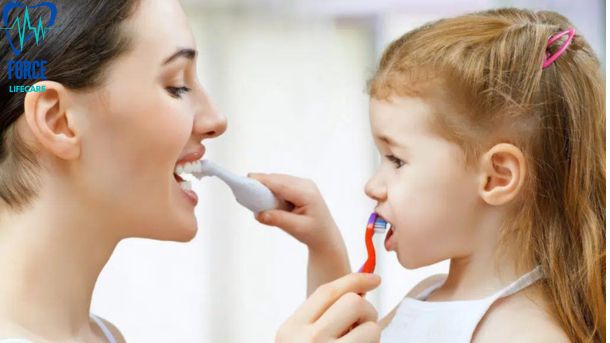
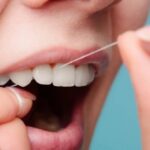
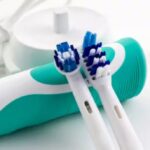
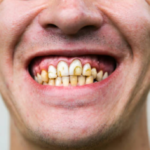
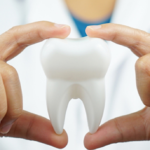

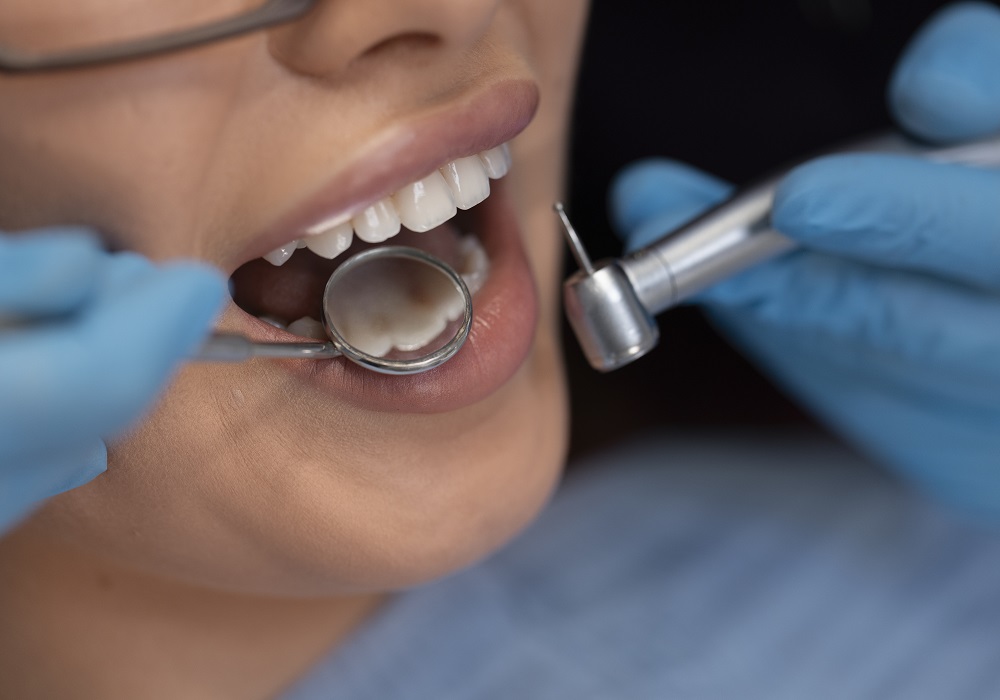 Dental Checkup Services
Dental Checkup Services
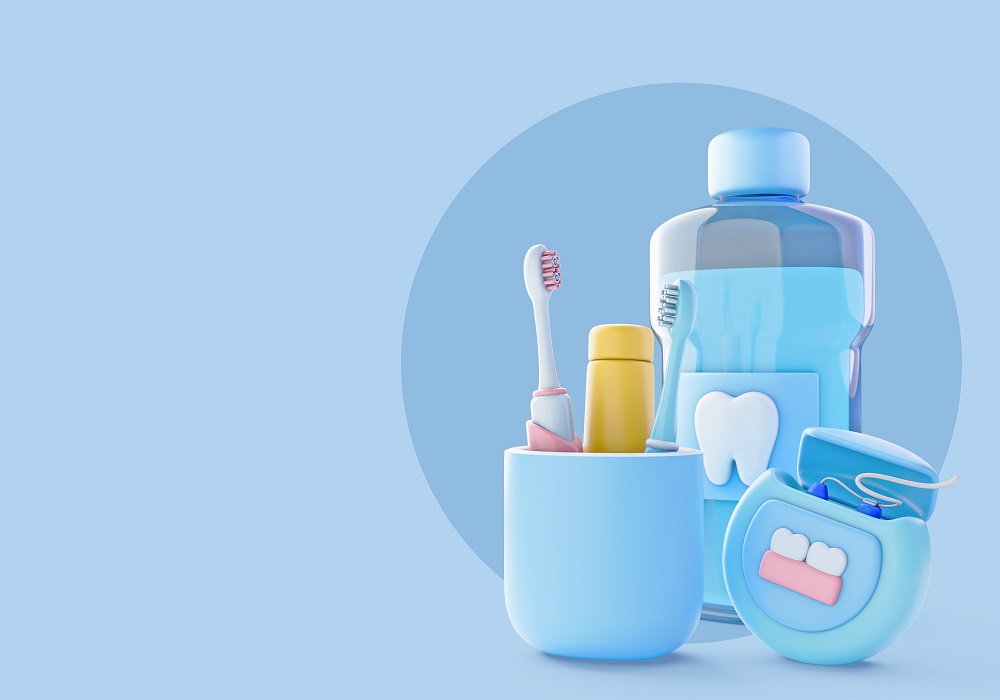 Our range of products
Our range of products
 Oral Care Blogs
Oral Care Blogs

Recent Comments